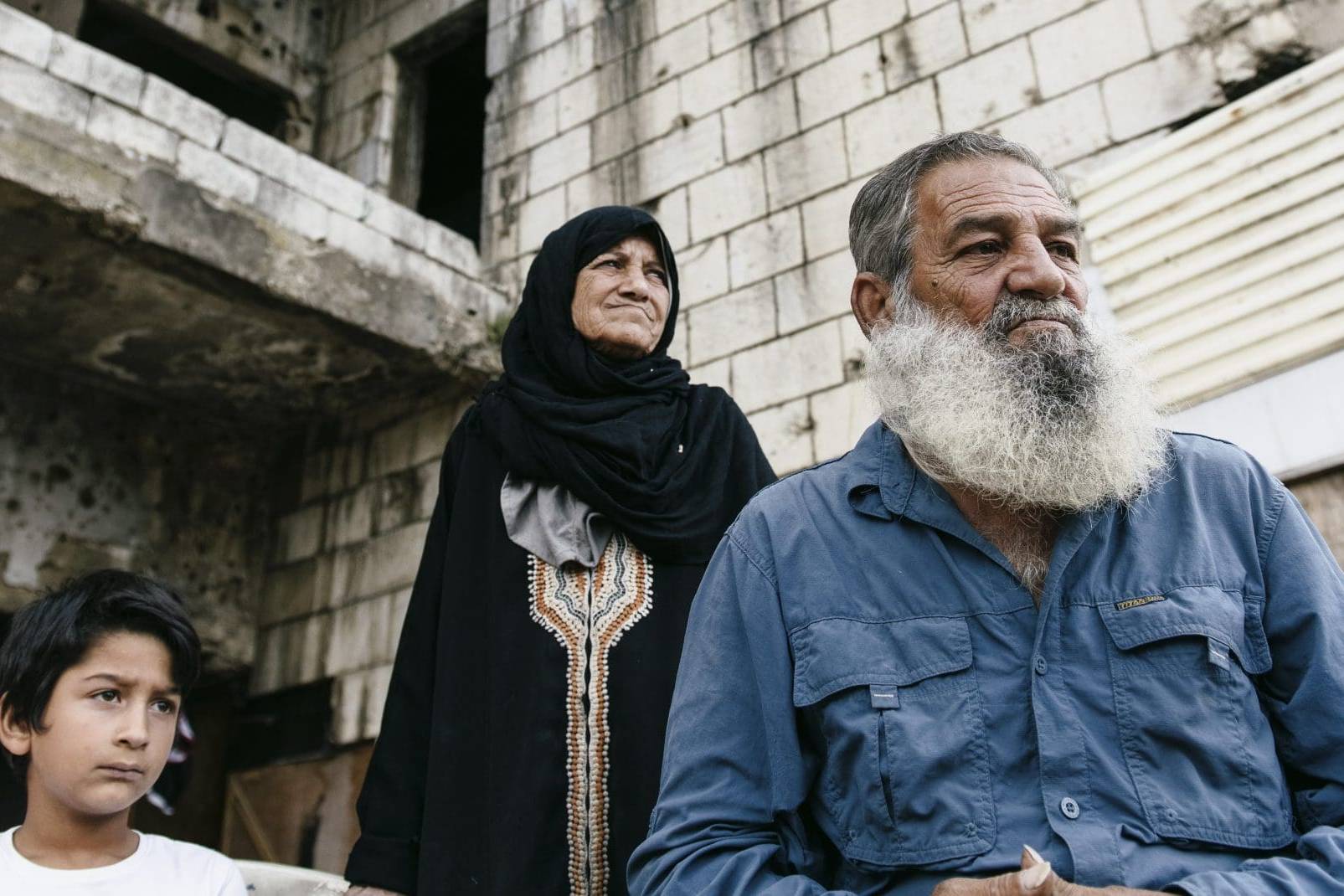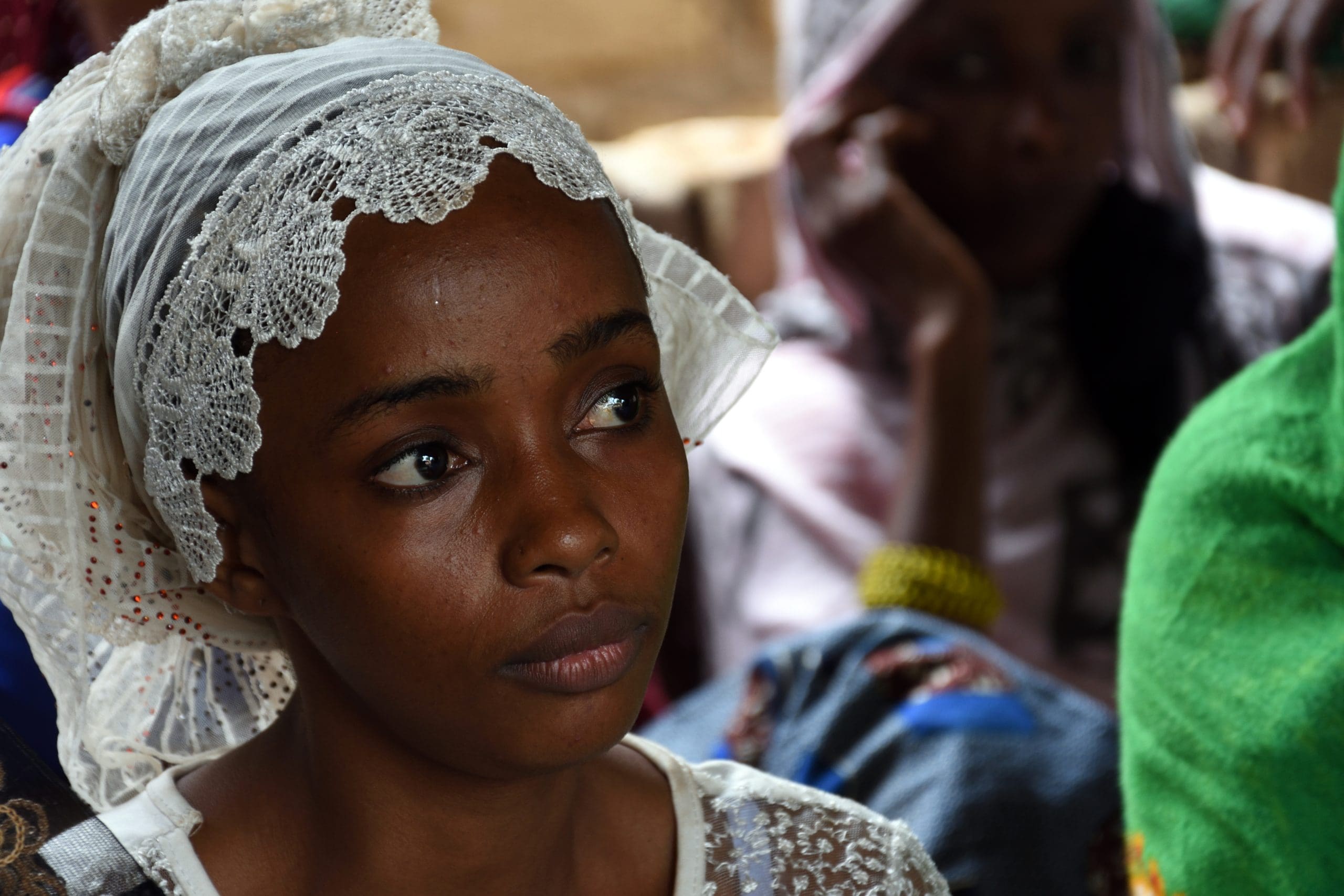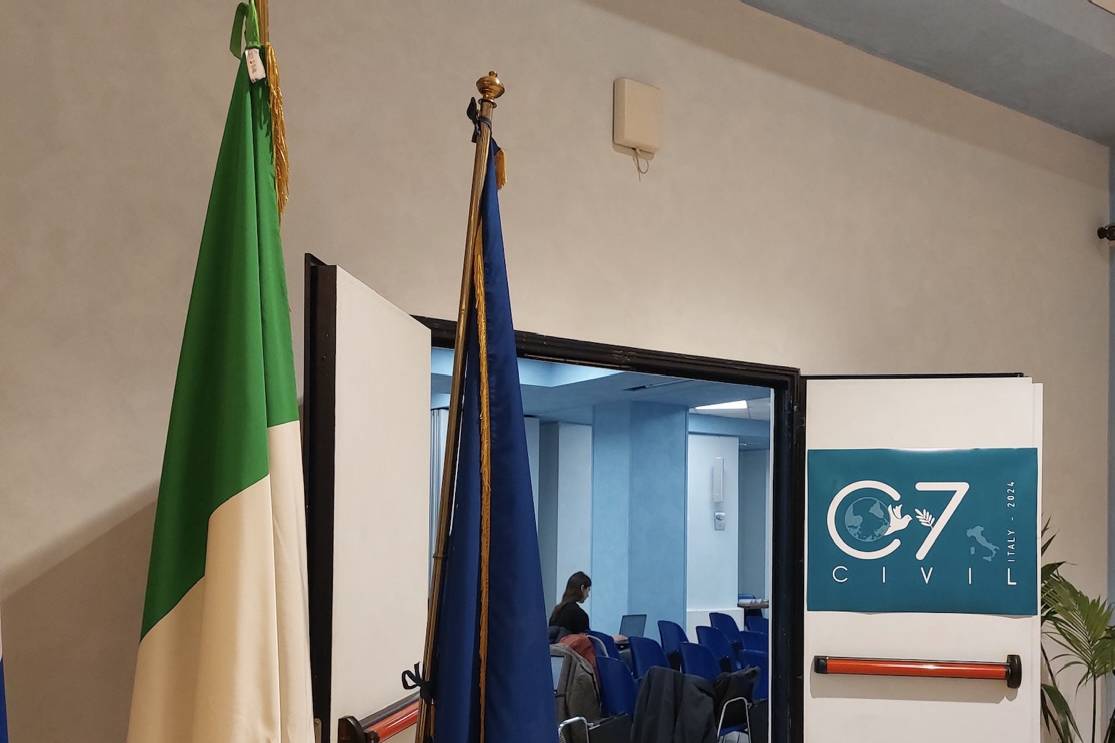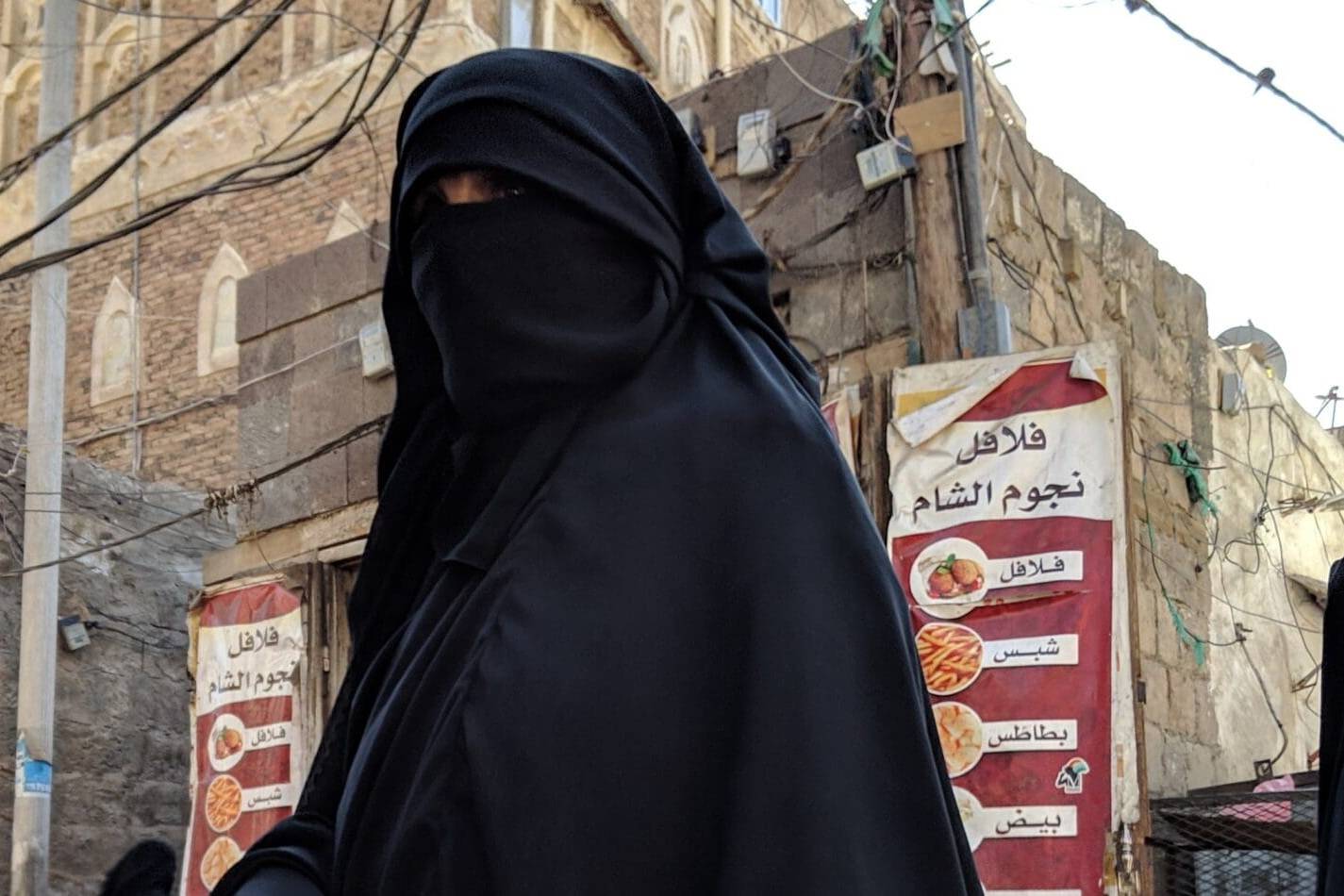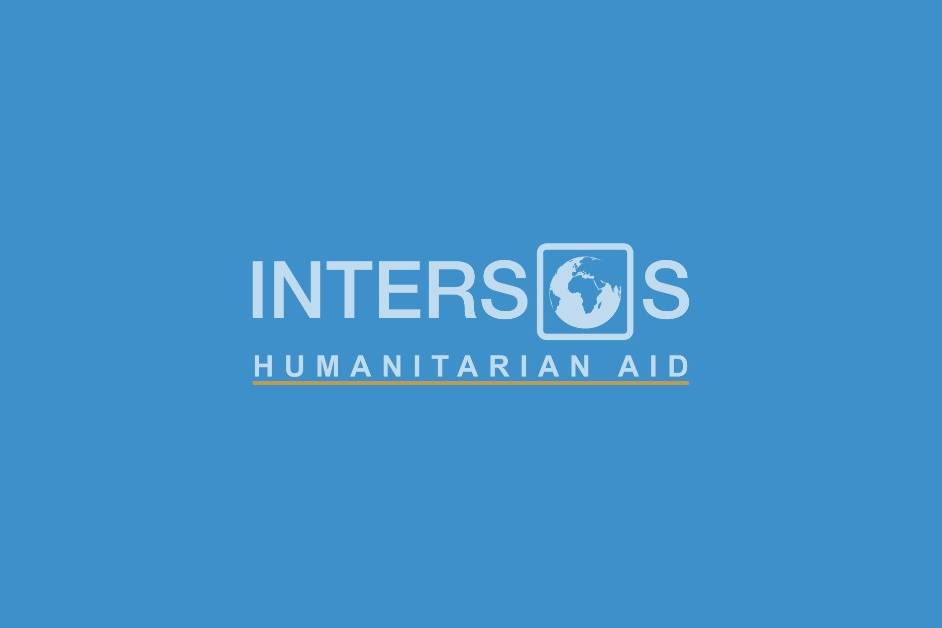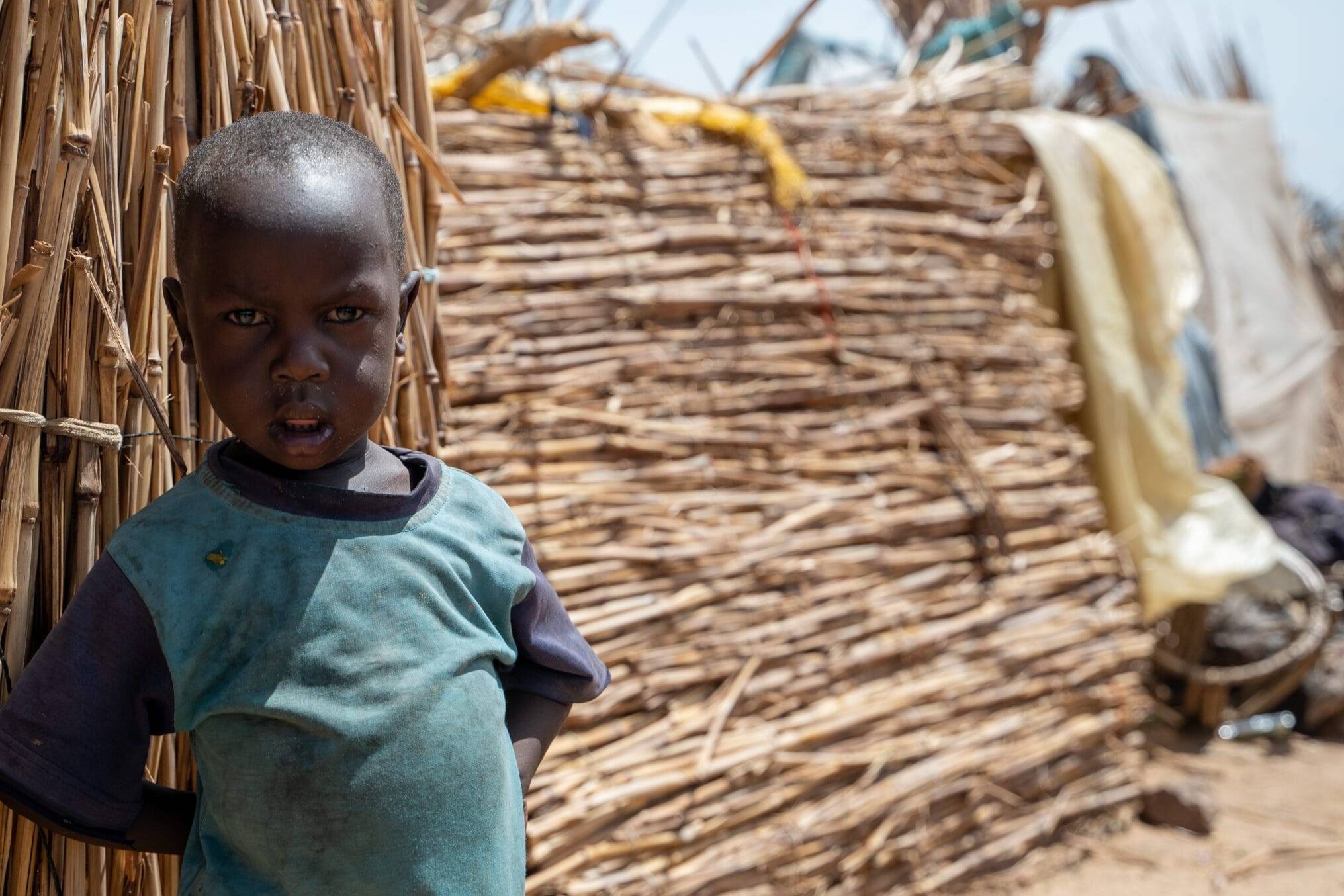Lebanon


2006
First intervention
176.900
People reached
16
Projects
11.396.650€
Budget spent
Context
Lebanon is facing an unprecedented economic and financial crisis. The country is largely dependent on imports of products – food and non-food – and prices are constantly rising due to currency depreciation, inflation and the direct and indirect effects of the conflict in Ukraine on world trade. More than half of Lebanon’s population depends on humanitarian assistance to meet basic needs and for food supplies: 2.2 million people struggle to have adequate access to food. This crisis has further exposed the population to risks of rights violations. The incidence of gender-based violence and child labour is steadily increasing. The refugee population is also the most affected by Lebanon’s economic crisis, with nine out of ten families living below the poverty line.
The country hosts the highest number of refugees per capita: one in three people in Lebanon is a refugee. Given its proximity to Syria, the country has hosted up to 1.5 million people fleeing the Syrian conflict since it began in 2011.
INTERSOS’ intervention
In 2022, INTERSOS continued to provide support to the population to try to meet the growing needs, expanding its interventions in the country. Our staff ensured that people who have survived or are at risk of gender-based violence have easy access to medical care, psychosocial support and safe spaces for women and girls to learn new skills and be accompanied towards greater independence and social participation. In addition, INTERSOS offers legal services, including assistance, counselling and representation, aimed at promoting people’s rights and ensuring their access to basic services.
In order to provide a safer and healthier environment for the Lebanese and refugee population, INTERSOS carries out activities to rehabilitate houses and shelters to meet minimum housing standards. These initiatives take the form of, for example, the installation of doors to ensure privacy and interventions to improve accessibility to basic health and water services.
We support educational services by rehabilitating schools, distributing teaching materials and offering economic assistance and protection services for the most vulnerable families, with a special focus on Lebanese children in vulnerable circumstances and Syrian refugee children, who experience the prolonged crisis first-hand and are often victims of child labour.
INTERSOS has been intervening against gender-based violence in Lebanon for many years, with direct support for women and girls in the form of psychological, social and legal assistance. In 2022, building on many years of experience, INTERSOS developed a new psychosocial programme tailored for boys and men, aimed at ensuring their participation in the broader process of behavioural change and active debate on gender-based violence in their community. The programme included the involvement of the male component in the primary interventions to prevent violence against women and girls in Lebanon, ensuring fully inclusive psychosocial care for all genders, age groups and nationalities.
In addition to survivors of gender-based violence and minors at risk, special attention is given to social groups affected by the socio-economic deterioration, female-only households, older people and persons with disabilities. Our effort is to strengthen community groups and community support projects led by both Lebanese and refugee people.






